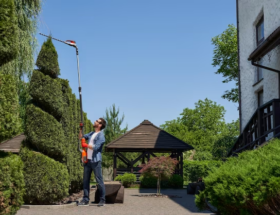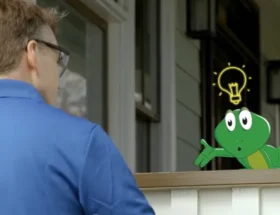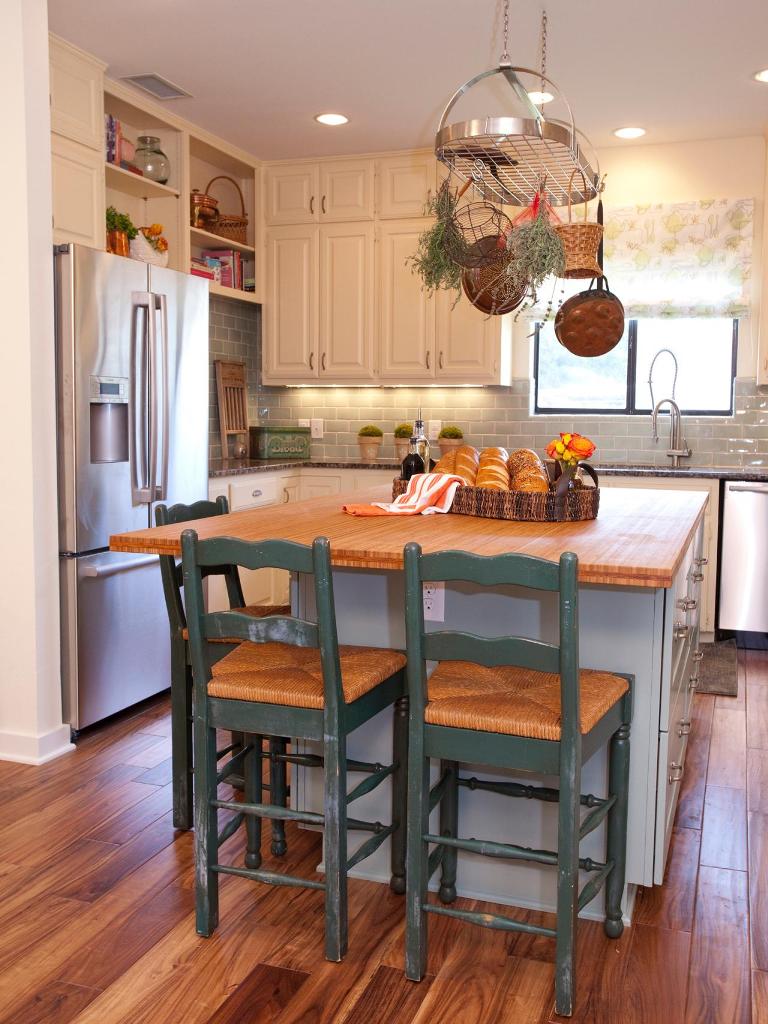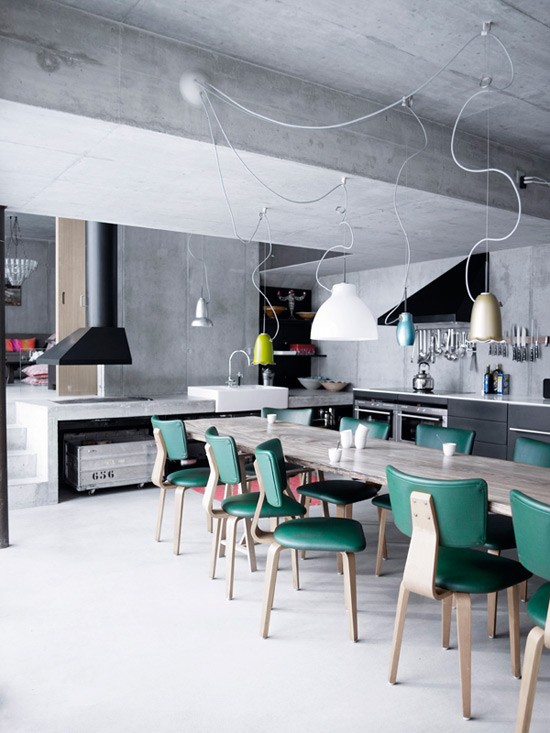Water is a precious and necessary resource in many aspects of our daily lives, namely when it comes to watering the garden. In order to find a balance between not wasting water, being environmentally friendly and still ensuring the essential water levels for a healthy garden, learn to water your garden in a greener way.

1. Buckets

Always have some buckets available to disperse around the outside of the house on rainy days, thus collecting several liters of water that can be used to water the garden. This is called recycling water!
2. Different Gardening

Watering the garden in an environmentally friendly way does not always involve the water itself, but rather different gardening techniques that can save water significantly. For example, systematically controlling and eliminating weeds is essential as they easily take over the water used to water the garden. In the same sense, applying compost to the land slows down the evaporation of water, keeps the soil surface fresh and even prevents the appearance of weeds.
3. Reuse the water

Take the opportunity to reuse the water you consume and which you can easily accumulate indoors: water used to wash fruit and vegetables, water used to cook food, when emptying a pet’s drinking fountain or cleaning an aquarium, while waiting for the heating water for the shower, the water that accumulates in dehumidifiers or air conditioners… every drop can be used to water the garden in a very ecological way.
4. Irrigation System

If you have an irrigation system – or even if you use something as traditional as a hose or hand watering can – make sure the irrigation system is in perfect condition, meaning no leaks! In the case of automatic irrigation systems, it is important to check that their location or arrangement is not throwing water out of the garden, towards the pavement, for example. It’s one of the greenest ways to water and conserve water!
5. Weather Conditions

Whether plants, flowers, fruit or vegetables, always choose species that suit the region and the weather conditions where they will be planted. Also, only plant products at the right times. If you choose to go against these recommendations, the garden may not bloom and all the water used in your irrigation will have been in vain.
6. Perfect Species

Find out about the species you want to have in the garden so that when planting them you can gather those species with similar or equal needs in terms of watering, thus saving the precious resource that is water.
7. Hydrated Garden

Whenever the water starts to “soak” or run off the soil, you can finish the irrigation – your garden is already hydrated and doesn’t need more water! Know that most plants die from excess and not from lack of water.
8. Water in the Morning

Water the garden always in the morning to avoid sudden evaporation of water and never on windy days, for the same reasons.
9. Less Watering

Saving water and achieving ecological irrigation also involves watering less often, but more slowly and in depth, so that the water can infiltrate well into the soil, thus requiring less watering.
10. Soil Moisture

If you have difficulty determining whether or not your garden needs watering, you can use a soil moisture meter or simply dig a small hole about 15cm in the garden to check the water levels. That way, you’ll only water when it’s really necessary and avoid wasting water – the planet thanks you!










